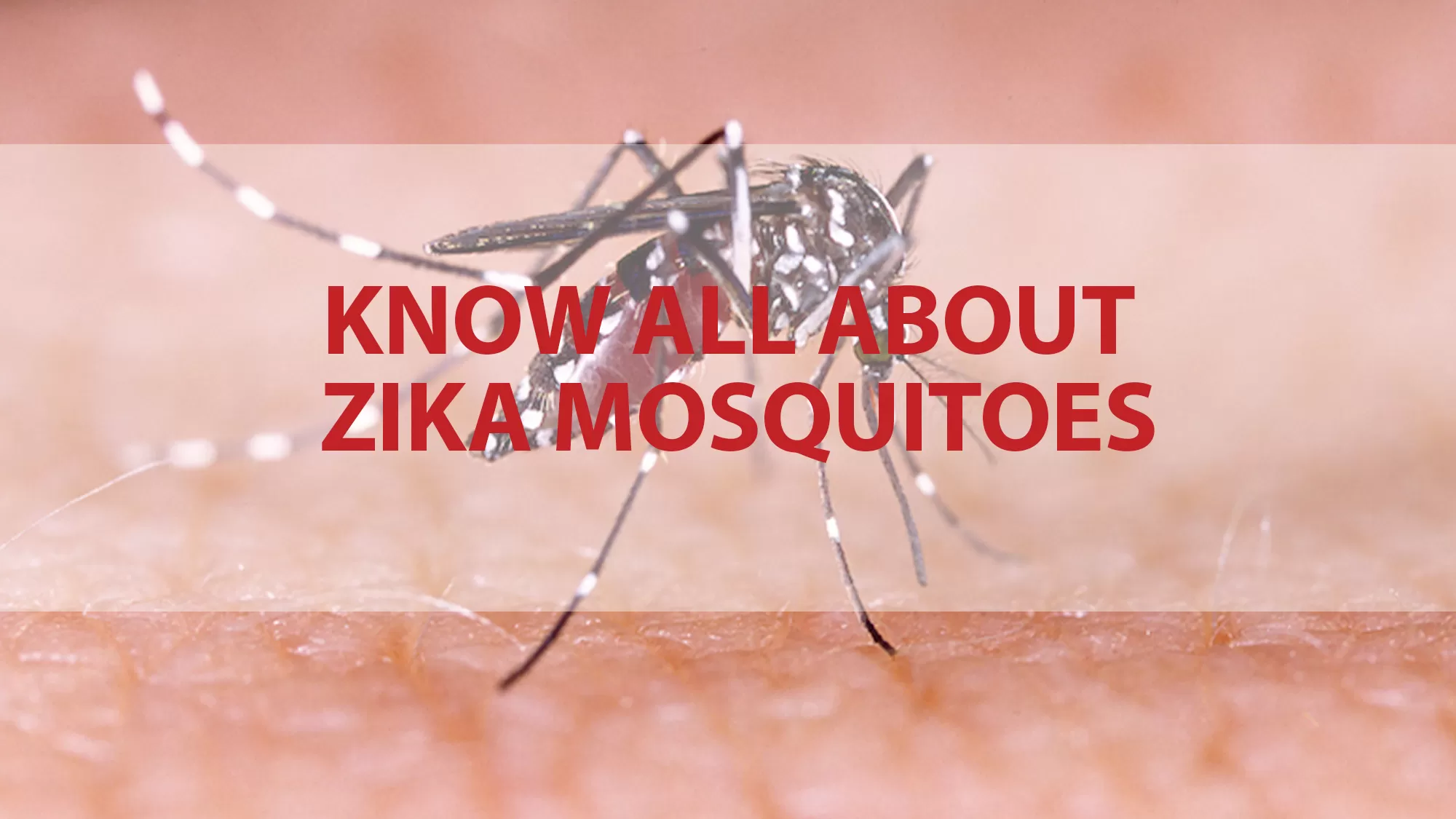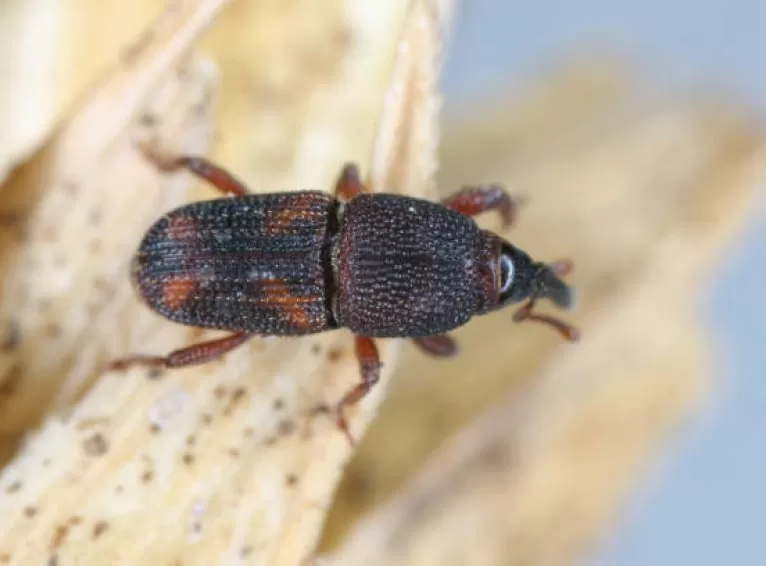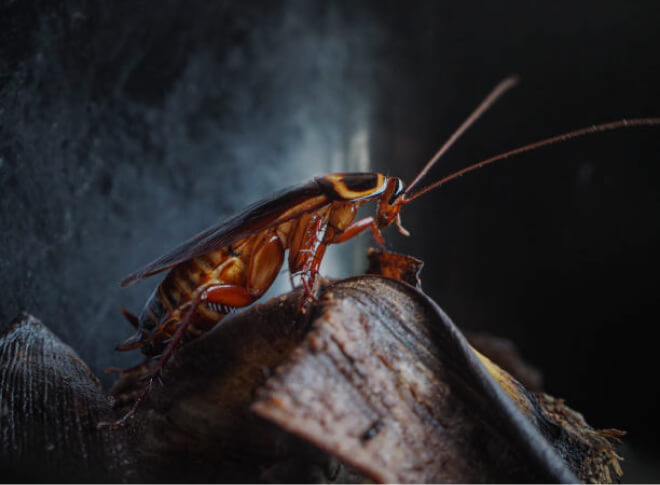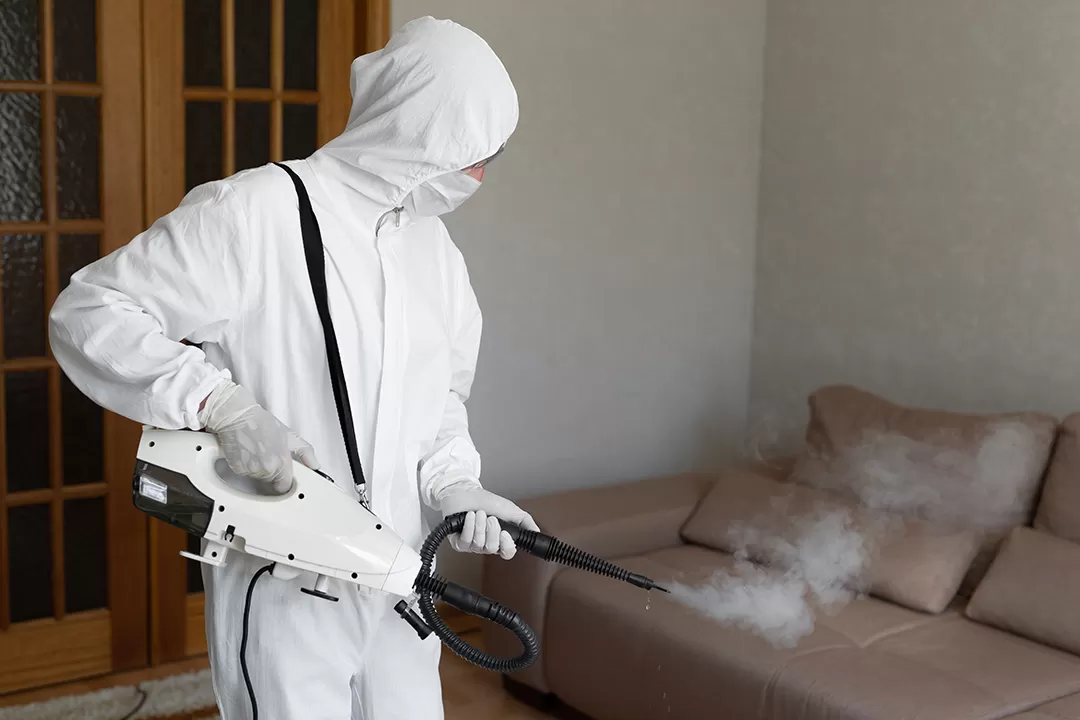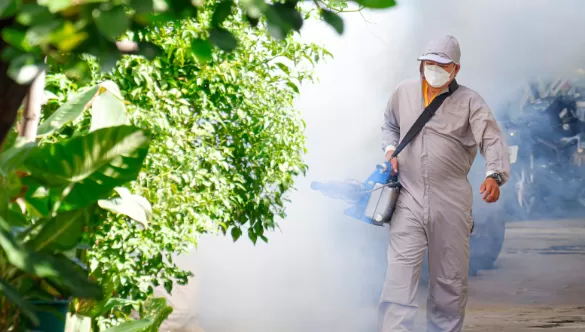Mosquitoes are tiny but deadly creatures that have plagued humans for centuries. Among the many species of mosquitoes, one of the most notorious is the Aedes mosquito, known for transmitting various diseases, including the Zika virus. Zika mosquitoes have become a global health concern, and understanding their habits and characteristics is essential in preventing the spread of Zika and other mosquito-borne illnesses. In this blog, we will delve into everything you need to know about Zika mosquitoes and how engaging a pest control company in Singapore can help keep them at bay.
The Zika Mosquito (Aedes aegypti)
Identification:
- The Zika mosquito, scientifically known as Aedes aegypti, is characterised by its distinctive appearance, making it relatively easy to identify.
- It is a relatively small mosquito, measuring about 4-7 millimetres in size, with a slender and dark-coloured body.
- One of the most distinguishing features of Aedes aegypti is the presence of striking white stripes on its body and legs. These stripes give it a noticeable and easily recognisable appearance.
Habitat:
Preference for Tropical and Subtropical Regions:
- Zika mosquitoes, including Aedes aegypti, have a strong preference for tropical and subtropical regions.
- These mosquitoes thrive in warm, humid climates, which are characteristic of areas like Southeast Asia, including Singapore.
- The tropical environment provides the ideal conditions for their survival and reproduction.
Urban Dwellings and Breeding Sites:
- Aedes mosquitoes are well-adapted to urban areas, particularly in proximity to human dwellings.
- They are often found in close association with human settlements, as they take advantage of the various water sources available for breeding.
- Common breeding sites for Zika mosquitoes include containers like flower pots, discarded tires, water-filled buckets, and even small puddles of standing water.
Behaviour:
Aggressive Daytime Biters:
- Aedes mosquitoes, including Aedes aegypti, exhibit unique behaviour patterns compared to other mosquito species.
- They are known as aggressive daytime biters, with their peak biting activity occurring during the early morning and late afternoon.
- This behaviour sets them apart from many other mosquitoes that tend to be more active during the evening and night.
Multiple Feeding Sessions:
- A notable characteristic of Aedes mosquitoes is their tendency to bite multiple people during a single feeding session.
- This behaviour increases the risk of disease transmission, as an infected mosquito can potentially transmit the Zika virus to several individuals in a short span of time.
Vector for Multiple Diseases:
- Zika mosquitoes, particularly Aedes aegypti, serve as vectors for several diseases.
- In addition to the Zika virus, they can transmit diseases such as dengue fever and chikungunya.
- These mosquitoes are responsible for the transmission of these diseases when they bite and infect humans.
Zika Virus Transmission:
Primary Mode of Transmission:
- Zika virus is primarily transmitted to humans through the bite of an infected Aedes mosquito, most notably Aedes aegypti.
- When an infected mosquito bites a person, it can transfer the virus into the person’s bloodstream, leading to infection.
Impact on Pregnant Women:
Pregnant women who contract the Zika virus face a significant risk, as the virus can lead to severe congenital disabilities in their babies, including microcephaly, a condition characterised by abnormally small heads and brain damage.
Other Modes of Transmission:
Besides mosquito bites, Zika can also be transmitted through sexual contact with an infected partner and from an infected mother to her fetus during pregnancy.
Understanding the behaviour and characteristics of Aedes mosquitoes, along with the modes of Zika virus transmission, is crucial for effective prevention and control strategies. Communities and individuals in regions where these mosquitoes are prevalent must take proactive measures to reduce breeding sites, protect themselves from bites, and ultimately minimise the risk of Zika virus transmission.
Preventing Zika Mosquito Infestations
When it comes to protecting yourself and your loved ones from Zika mosquitoes, it’s essential to take a multi-faceted approach to mosquito control.
Here’s an in-depth look at the preventive measures mentioned:
Remove Breeding Sites:
Zika mosquitoes, like their Aedes mosquito counterparts, lay their eggs in stagnant water sources. To prevent mosquito breeding around your home:
- Inspect Your Property: Regularly inspect your property for any containers, pots, or items that collect and hold water. Common culprits include discarded tires, empty flower pots, bird baths, and even blocked drainage systems. These are prime breeding grounds for Zika mosquitoes.
- Empty and Clean: Promptly empty and clean these containers to eliminate standing water. Mosquito larvae need water to develop into adults, so eliminating their breeding sites is crucial.
- Maintain Gutters: Keep gutters and downspouts clean and free of debris. Clogged gutters can accumulate water and provide an ideal breeding ground for mosquitoes.
Use Mosquito Repellent:
Applying mosquito repellent is one of the most effective ways to protect yourself when you’re outdoors. Here’s how to make the most of it:
- Choose the Right Repellent: Select a mosquito repellent that contains ingredients like DEET, picaridin, or oil of lemon eucalyptus. These compounds have been proven effective against Zika mosquitoes.
- Apply Adequately: Apply the repellent to exposed skin and clothing, following the product’s instructions. Be sure to reapply as needed, especially if you’re sweating or swimming.
- Protect Vulnerable Areas: Pay special attention to areas where Zika mosquitoes are most likely to bite, such as ankles, wrists, and neck. Apply repellent liberally to these areas.
Wear Protective Clothing:
Clothing can be a barrier between you and Zika mosquitoes. Here’s how to use it effectively:
- Long-Sleeved Shirts and Pants: When possible, wear long-sleeved shirts, long pants, and socks. These clothing items provide physical protection against mosquito bites.
- Light-Coloured Clothing: Mosquitoes are often attracted to dark colours. Light-colored clothing can make you less appealing to them.
Install Screens:
Window and door screens are valuable tools for keeping mosquitoes out of your living spaces. Here’s what you can do:
- Regular Maintenance: Ensure that your screens are in good condition and free of holes or tears. Repair or replace damaged screens promptly.
- Use Bed Nets: In regions with high mosquito activity, consider using bed nets, especially for infants and young children. This provides an extra layer of protection during sleep.
Seek Professional Pest Control:
Engaging a pest control company in Singapore can be a strategic step in managing mosquito infestations:
- Expertise: Pest control experts have specialised knowledge about mosquito habits, breeding sites, and control methods. They can identify potential breeding sites you might miss.
- Control Measures: Pest control companies can implement targeted control measures, such as larvicides and insecticides, to reduce mosquito populations around your property.
- Ongoing Maintenance: Regular visits from a pest control company ensure that mosquito control efforts are consistent and effective, helping to keep your home mosquito-free.
Conclusion
Understanding the habits and characteristics of Zika mosquitoes is crucial for preventing the spread of Zika virus and other mosquito-borne diseases. While personal protective measures are essential, engaging a professional pest control company in Singapore can significantly enhance your efforts in mosquito control. These experts have the knowledge, experience, and tools to identify and eliminate breeding sites, making your home and community safer from mosquito-borne illnesses. By taking proactive steps and seeking professional help when necessary, you can reduce the risk of the Zika virus and enjoy a mosquito-free environment.

